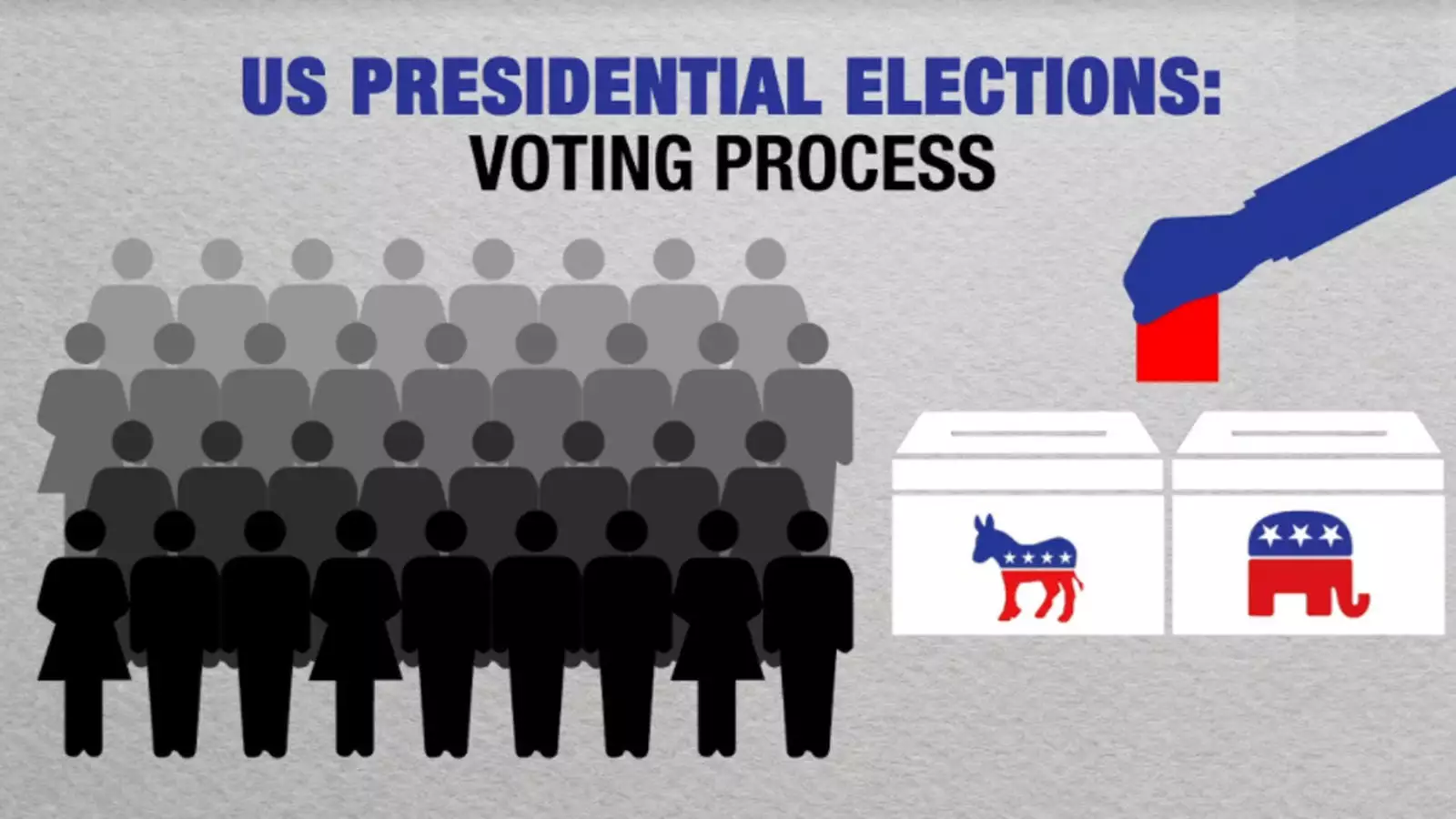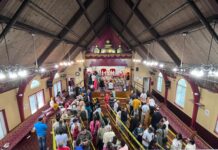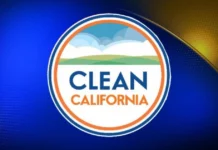Vidya Sethuraman
India Post News Service
With the midterms fast approaching, the EMS briefing on Sep 30 explored the threats to the way elections are run in the US — not just who gets to vote, but how and whether the votes get counted. Speakers discussed gerrymandered maps that diminish the power of voters of color, laws that restrict access to the polls, efforts by partisan poll workers to interfere in the election process, among other dangerous trends, and efforts to address them, including two law suits by civil rights groups in Alabama and Louisiana being argued before the Supreme Court on Oct. 4.
Evan Milligan, Executive Director of Alabama Forward, said African Americans account for about 27% of the state’s population but are the majority in just one of the state’s seven congressional districts. “Our congressional map is not reflective of the population that lives in Alabama,” said Milligan, 41, one of several voters who joined interest groups in filing the lawsuit.
He pointed out that a large number of blacks who live in poor neighborhoods in the state and work on plantations have had their suffrage violated. He said that blacks want more leaders to represent this group, but in fact the right to vote is limited, and whites will not elect black leaders. He also pointed out that there are many problems in the black community that need urgent attention, including health care.
Kira Romero-Craft, Director of legal strategy, said at the conference that Blacks, Latinos and other minorities across the country are in a similar situation, weakened and suppressed, especially in southern states. She said it was difficult to get a minority candidate to win the election, and she hoped that the group would come together and take root in the community to find hope and light, while strengthening democracy education and advocacy.
Kira pointed out that minority issues are often shaped into partisan disputes and become weapons of mutual attack. “We don’t want to be used as a tool, which will affect everyone and endanger the democratic process of the United States.”
At the same time, she also mentioned, some practical conditions hinder the motivation of voters, such as the threat of hurricanes, housing problems, etc. in Florida. Many employees of service enterprises cannot go to the field to vote, and can only choose the mail method, then they need to re-register their information and learn about voting.
Statistics show that people with disabilities account for one-fifth of voters, and low-income groups also account for a large proportion, said Michelle Bishop, voter engagement manager for the National Disability Rights Network.
He pointed out that voters with disabilities face many difficulties, resulting in a large loss of votes for this group. He said we must pay attention to the rights of disabled people to vote, design and build polling stations suitable for this group, and polling station observers must also provide them with timely help.







